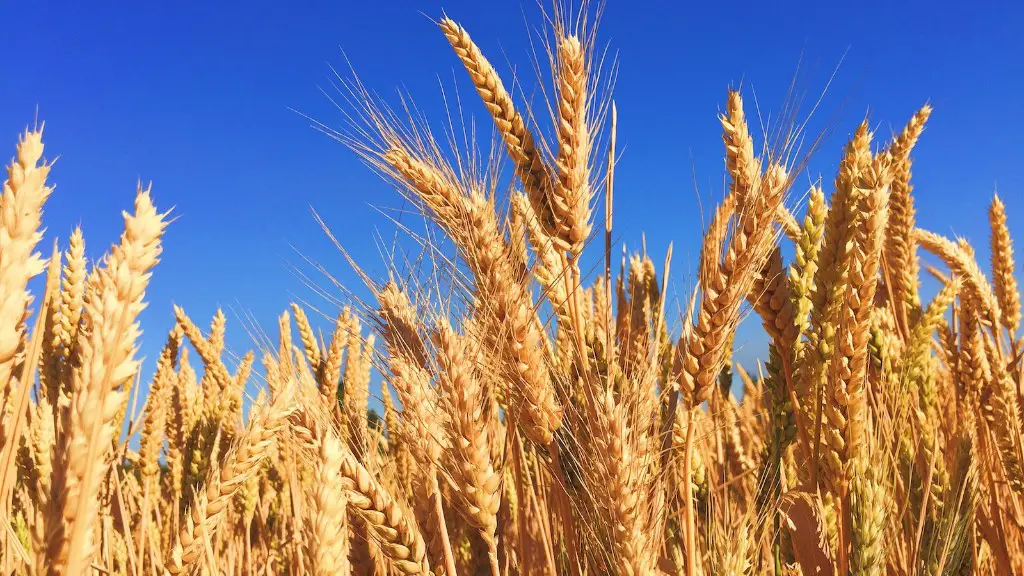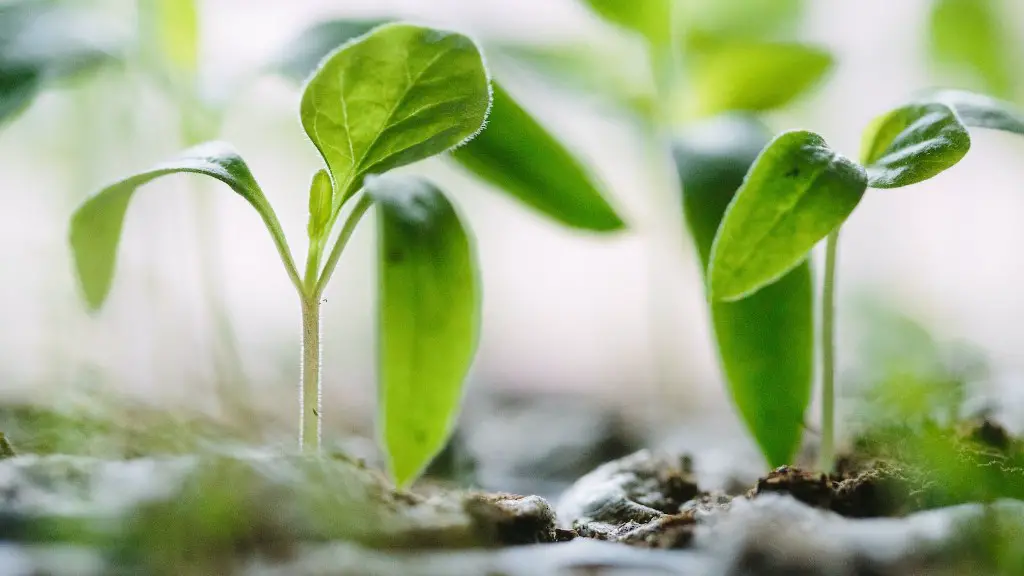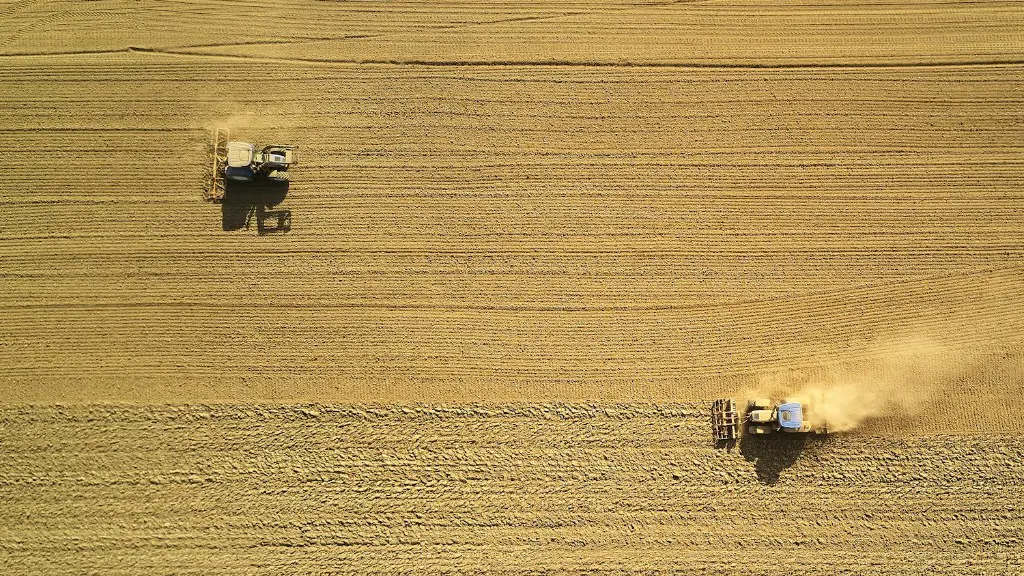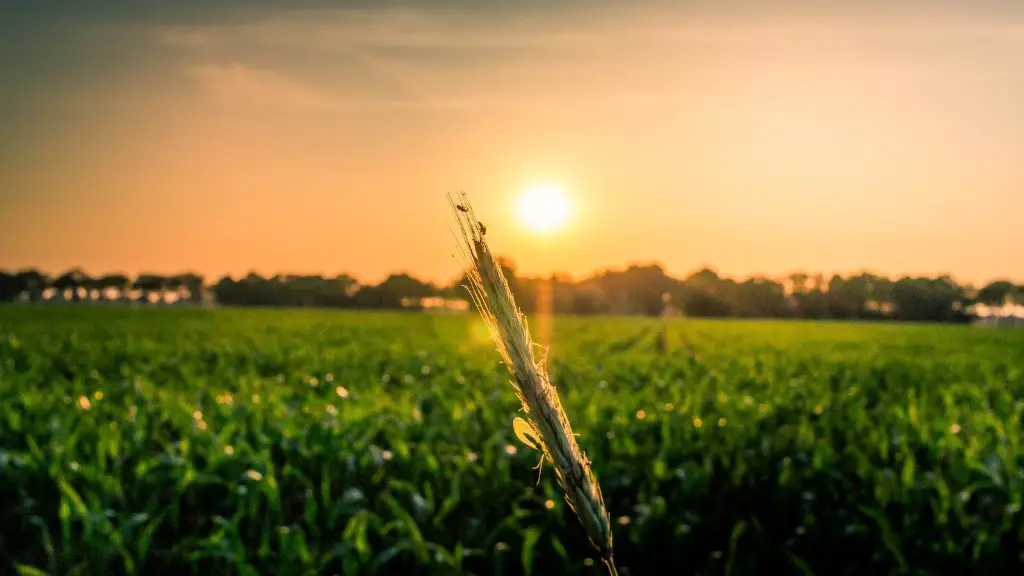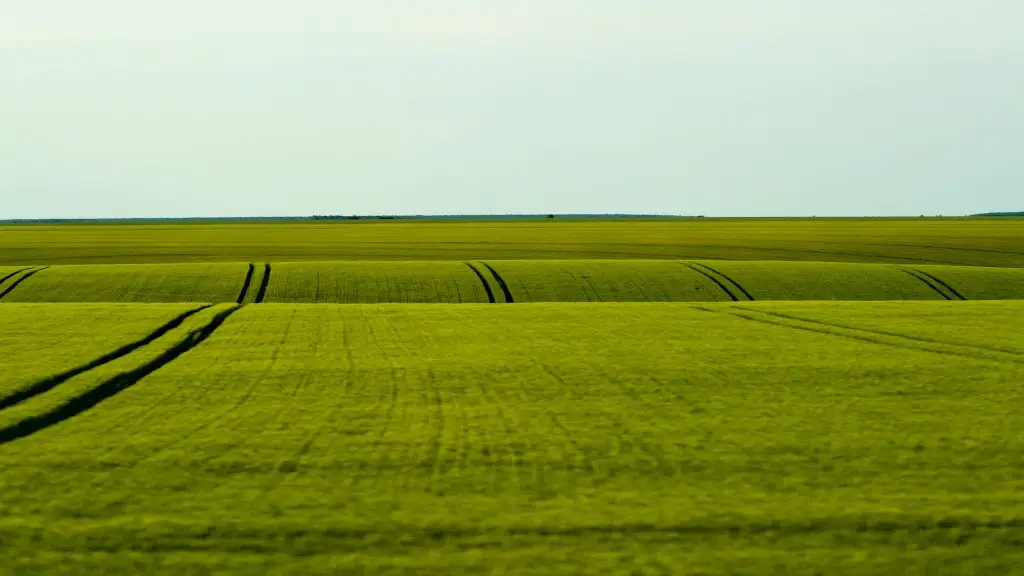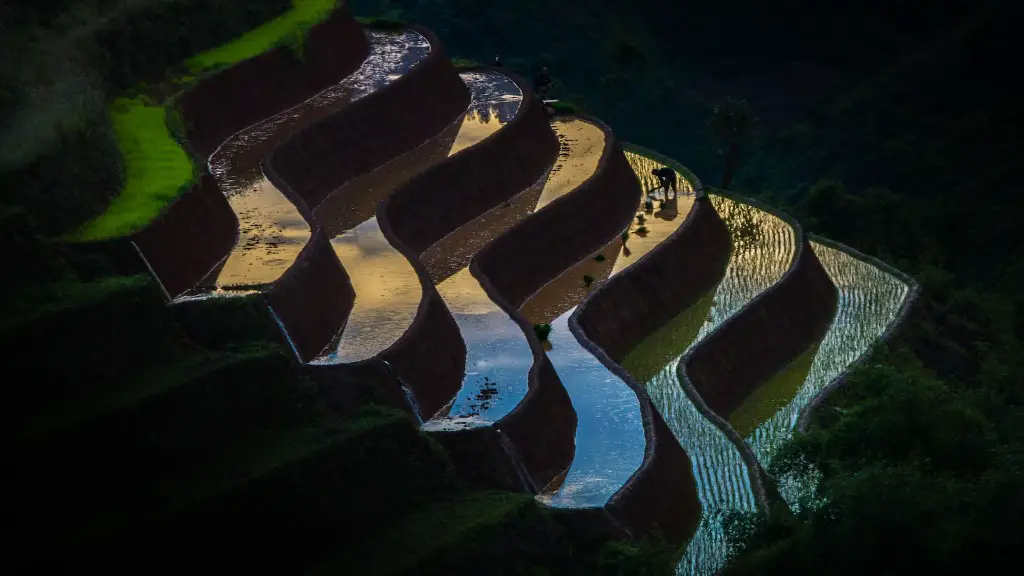In many developing countries, agriculture is the main source of income and employment. It also plays an important role in the economy of developed countries. Agriculture not only provides food and fiber for the world’s population, but is also a major source of economic growth and development.
The socio-economic impact of agriculture on society can be both positive and negative. On the positive side, agriculture plays a vital role in supporting the livelihoods of millions of people around the world. It also contributes to economic growth and development, providing essential goods and services to the community.
On the negative side, agriculture can also have a negative impact on the environment and on the social and economic well-being of communities. In some cases, agriculture can lead to deforestation and soil degradation, and can cause water pollution and soil contamination. Agriculture can also contribute to social inequality and poverty, as well as to the exploitation of workers.
The socio-economic impact of agriculture is vast. It is the backbone of many economies, providing employment and food security. It also has an impact on the environment, through land use and water consumption.
What is the economic impact of agriculture?
In 2021, agriculture, food, and related industries contributed roughly $1264 trillion to US gross domestic product (GDP), a 54-percent share. The output of America’s farms contributed $1647 billion of this sum—about 07 percent of US GDP.
The socioeconomic components are important factors that contribute to the health and wellbeing of a community. They also play a role in sustainable wildlife harvesting, land access and use, protection of heritage and cultural resources, business and employment opportunities, sustainability of population, services and infrastructure, ample sustainable income and lifestyle, etc. All of these components are important in ensuring that a community is able to thrive and prosper.
How does agriculture impact society
Agriculture impacts society in many ways, including: supporting livelihoods through food, habitat, and jobs; providing raw materials for food and other products; and building strong economies through trade.
Agriculture is critical to the livelihoods of many people around the world. It provides food for people to eat, habitat for wildlife, and jobs for people to do. Agriculture also provides raw materials for many products that we use in our everyday lives, such as clothing and paper. And finally, agriculture is a major driver of economic growth, particularly in developing countries.
The societal effects of agricultural practices are far-reaching and complex. They include changing diets, the role of women in agricultural production, and the economic purpose of agriculture.
Changing diets is perhaps the most visible societal effect of agricultural practices. The introduction of new crops and the intensification of livestock production have led to changes in the types and quantities of food consumed. In some cases, these changes have had positive effects on nutrition and health. For instance, the introduction of new crops such as maize and potatoes to Europe in the 16th and 17th centuries led to an increase in caloric intake and a reduction in malnutrition and disease. However, in other cases, changing diets have had negative effects. The intensification of livestock production, for example, has led to increased consumption of meat and dairy products, which has been linked to obesity and other health problems.
The role of women in agricultural production is another important societal effect of agricultural practices. In many traditional societies, women are responsible for the majority of tasks related to food production, including planting, harvesting, and processing. However, as agriculture has become more industrialized and commercialized, the role of women has changed. In many countries, women are now less involved in the day-to-day tasks of agriculture and
What are three impacts of agriculture?
Agriculture can have a big impact on the environment, both positive and negative. It can lead to soil erosion, water pollution, contribute to climate change, and deforestation.
While agriculture can have negative impacts on the environment, it can also have positive impacts. Agriculture can trap greenhouse gases within crops and soils, or mitigate flood risks through the adoption of certain farming practices. These positive impacts can help offset the negative impacts of agriculture and improve the overall environmental impact of the agricultural sector.
What are the 5 socio-economic factors?
Socio-economic factors are important because they can affect a person’s ability to access resources and opportunities. For example, someone with a higher income may be able to afford to live in a nicer neighborhood with better schools, while someone with a lower income may have to live in a less desirable area. Socio-economic factors can also affect a person’s occupation and education, as people from lower-income families may not be able to afford to go to college or may not have access to good jobs.
Socio-economic impact studies are an important tool for governments and businesses to assess the costs and benefits of a project or policy. They help decision-makers to understand the potential impact of a project on different groups of people and the environment, and to make informed decisions about whether to go ahead with the project. socio-economic impact studies can also help to identify the most effective ways to reduce the negative impacts of a project and to maximize the positive impacts.
What are the 5 socio-economic issues
There is a growing body of research that suggests that social and economic factors have a significant impact on our health and longevity. Income, education, employment, community safety, and social supports can all play a role in determining how well and how long we live.
Recent studies have shown that people with higher incomes tend to live longer and enjoy better health than those with lower incomes. This may be due to a number of factors, including access to better healthcare, nutrition, and housing. Education also plays a role in health and longevity. Those with higher levels of education tend to have better health and live longer than those with less education.
Employment and community safety are also important factors in determining our health and wellbeing. People who are employed and have a sense of community support tend to be healthier and live longer than those who are unemployed or isolated.
While we cannot control all of the social and economic factors that affect our health, it is important to be aware of them. We can use this knowledge to make informed choices about our lifestyles and to advocate for policies that support good health for all.
There is no doubt that the agricultural sector plays a vital role in achieving food security, reducing poverty and inequality, and protecting the environment. However, these goals can only be accomplished if there is adequate investment in the sector, and if policies and incentives are in place to encourage such investment.
Unfortunately, in many developing countries, the agricultural sector is often neglected in favor of other sectors such as manufacturing or tourism. This needs to change if we are to address the challenges of food security, poverty, and environmental protection.
The first step is to ensure that agricultural sector investments are a priority for governments and development organizations. This means providing the necessary funding for research and development, as well as for infrastructure and agricultural extension services.
In addition, policies and incentives need to be put in place to encourage private sector investment in the agricultural sector. This could include tax breaks, subsidies, and other financial incentives.
By taking these steps, we can make a real difference in terms of food security, poverty reduction, and environmental protection.
agriculture revolutionized the way humans live and interact with their surroundings. It allowed for the domestication of plants and animals, which led to a more sedentary lifestyle and an increased dependence on the land. This change in lifestyle resulted in a decline in nutrition and an increase in infectious diseases contracted from domesticated animals.
Agriculture can have a positive impact on the environment in many ways. First, it can help reduce air pollution by reducing the amount of emissions released into the atmosphere. Second, agriculture can provide a resource-rich habitat to certain wild species, helping them to thrive. Finally, agriculture can help to conserve natural resources by using efficient methods and practices.
Loss of agricultural land and decreased varieties of crops are two of the most common problems faced by farmers today. As the amount of available agricultural land decreases, the quantity of food available to consumers reduces. This harms not only the economy but also the level of health in the population. In order to combat these problems, farmers need to be aware of the latest technologies and practices that can help them maximize the amount of food they are able to produce.
The Agricultural Revolution saw a dramatic increase in agricultural production and technological advancements. This led to unprecedented population growth and new agricultural practices, such as rural-to-urban migration, development of a coherent and loosely regulated agricultural market, and so on. The Agricultural Revolution was a pivotal moment in human history and had a profound impact on the way we live today.
These factors all play a role in the success of a farmer. Land tenancy, system of ownership, size of holdings, availability of labour and capital, religion, level of technological development, accessibility to the market, irrigation facilities, agricultural research and extension service, price incentives, government plans and international policies all contribute to the success of a farmer.
The basic needs for human survival; food, shelter, and clothing, are all dependent on agriculture for their production Raw materials such as crops for food, silk for cloth, and wood for shelter, all come from agriculture. Agriculture is thus a vital part of human society and its importance cannot be overstated.
Warp Up
The socio-economic impacts of agriculture are far-reaching and complex. Agriculture provides the main source of food and livelihood for billions of people around the world. It also plays a significant role in global trade, with agricultural products making up a large proportion of international trade. The sector employs a large number of people and contributes to national economies.
The socio-economic impacts of agriculture can be both positive and negative. On the positive side, agriculture supports livelihoods and contributes to economic growth. It can help reduce poverty, hunger and malnutrition, and improve food security. It can also promote sustainable development and environmental stewardship. On the negative side, agriculture can have negative impacts on the environment and on the health of both people and animals. It can also lead to social conflict and contribute to economic inequality.
Agriculture has a huge socio-economic impact. It is the main source of livelihood for a large number of people in the world. It also provides food for billions of people and is a major source of income for many countries. Agriculture has a direct impact on the economy through its production of goods and services and its contribution to employment. It also indirectly affects the economy through its impact on other sectors such as transportation, processing, and marketing.
